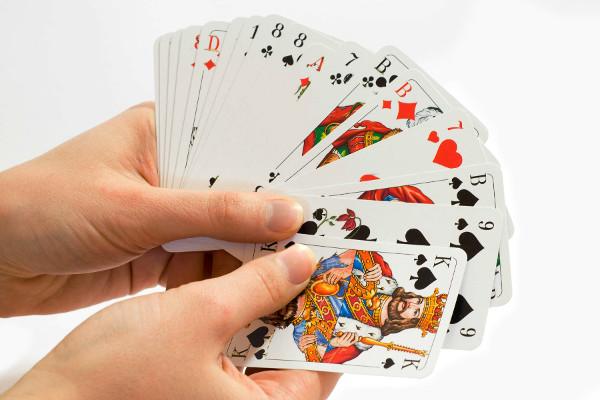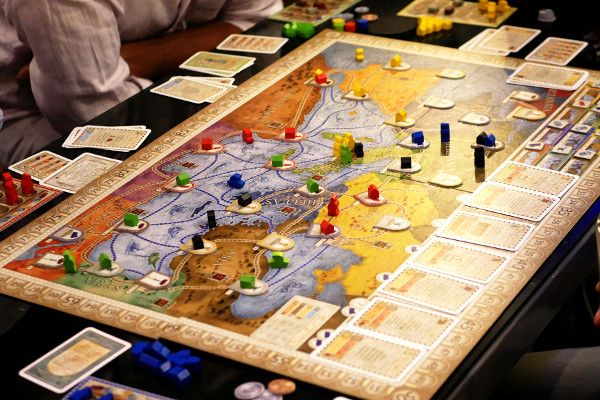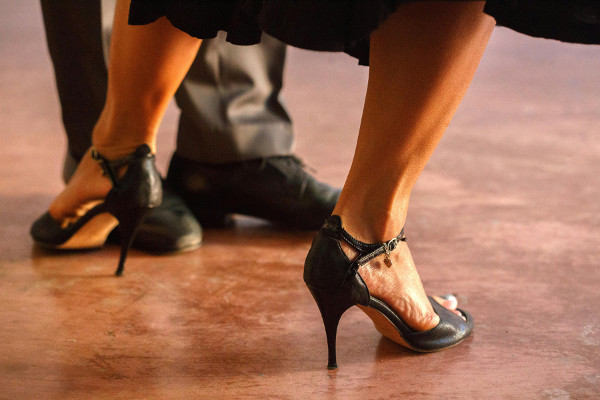How to Learn to Play Chess: 15 Essential Questions Answered for Beginners
Learning to play chess opens a door to a timeless world of quiet focus and thoughtful strategy. It’s a journey that invites patience, curiosity, and a gentle unfolding of skills. Whether you’re setting up the board for the first time or wondering about the best moves, these 15 common questions will guide you step by step. Each answer is designed to help you feel more connected to the game and confident in your own thoughtful play.

1. What are the basic rules of chess?
Learning chess is like stepping into a world shaped by quiet concentration and timeless logic. At first glance, it might seem like a simple board game with black and white squares. But there’s more. Two players sit across from each other, each with 16 pieces, trying to outwit the other in a mental dance. The ultimate goal is not to capture every piece, but to trap the opponent’s king in a situation where it can no longer move – this is what we call checkmate. The rules are old, intuitive once understood, and surprisingly elegant. Understanding them is like learning a new language – one spoken not with words, but with thoughtful, deliberate moves.
2. How do I set up a chessboard?
Setting up a chessboard might seem like a small detail, but it sets the tone for everything that follows. Think of it as preparing a sacred space for a ritual. The board should face you with a white square in the bottom-right corner. Then, piece by piece, you place the army – rooks in the corners, then knights, bishops, and finally the king and queen in the center. The queen always takes her own color. In front of them, like foot soldiers, line up the pawns. It’s a process that calms the mind and marks the beginning of something focused and meaningful – an ancient duel of minds.
3. What is the best first move in chess?
Starting a game of chess is a bit like starting your day – you want to make that first move count. Most experienced players open with a central pawn move, like e4 or d4. Why? Because the center is where everything happens. Controlling it gives your pieces more freedom, and sets a positive tone for the rest of the game. It’s not just about mechanics; it’s a gesture of intention. You’re saying, “I’m here. I’m ready.” Like taking a deep breath before beginning a hike, a strong opening move can ground you and carry you forward with confidence and purpose.
4. How do the different pieces move?
Every piece on the chessboard has its own personality and rhythm. Pawns are the humble workers, slow and steady, but capable of great things. Knights hop in quirky L-shapes, ignoring everything in their path. Bishops glide diagonally, as if tracing beams of light. Rooks move with sturdy confidence – straight, sure, and powerful. The queen is the most dynamic, blending the strength of both rook and bishop. And then there’s the king – slow, cautious, and vital. Together, these pieces create a system of balance and potential. Learning their movements is like getting to know characters in a story – you begin to sense how they act and interact.
5. What is castling, and how does it work?
Castling is one of those elegant moves in chess that feels like a small secret once you know it. At first, it might seem strange: the king and rook, two powerful pieces, trading places in a synchronized motion. But the idea is simple – it’s a protective gesture, like pulling back into a safe corner. It can only happen under certain conditions: the pieces involved must not have moved yet, and the path between them must be clear and safe. In that one moment, the king finds shelter and the rook steps into a more active role. It’s both strategic and symbolic – a quiet repositioning for strength.
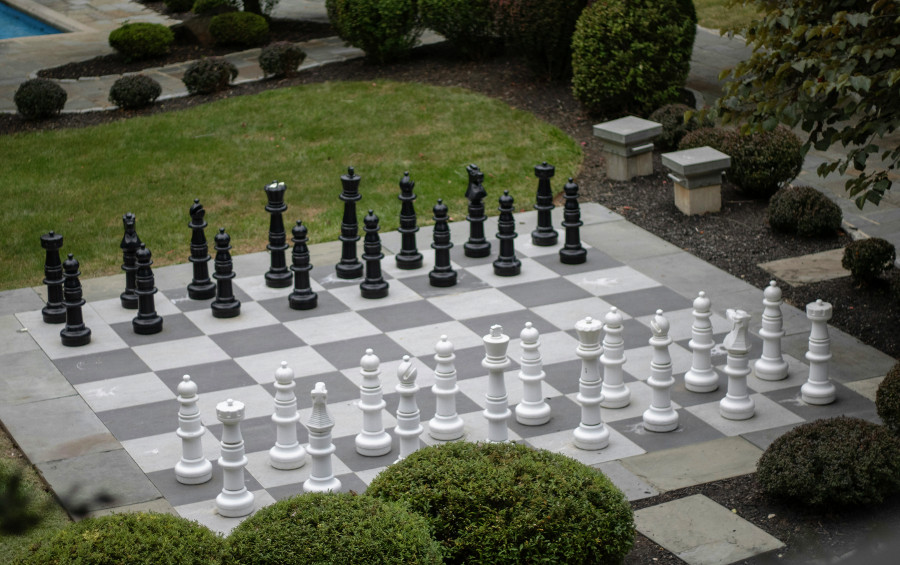
6. What is en passant?
There’s something poetic about en passant – a move that feels like a whispered rule, known only by those who’ve taken time to listen to the game's deeper rhythms. When a pawn rushes forward two squares beside an opposing pawn, the other has one chance to catch it in a moment of overreach. It's a subtle check on ambition, reminding players that there are limits to how quickly you can push forward. En passant is rarely used, but when it appears, it feels like uncovering a hidden door in a familiar room. It’s one of chess’s small wonders – easy to miss, but beautiful in its meaning.
7. How do I win a game of chess?
Winning in chess is not about domination, but about understanding. To win, you must gently corner the opponent’s king until there is no safe place left – this is checkmate. There’s a quiet satisfaction in setting up a strategy that unfolds over time, like planning a garden or writing a story. Each move builds on the last, and the final outcome is often decided not by one brilliant moment, but by a series of small, thoughtful choices. Winning isn’t always about being aggressive; sometimes it’s about being patient, recognizing patterns, and making peace with the idea that every decision matters.
8. What are some common beginner mistakes to avoid?
Everyone makes mistakes in the beginning – that’s how learning works. But some missteps show up often: moving the same piece too many times, neglecting to control the center, or leaving the king exposed. Beginners sometimes rush to attack, forgetting that defense and development matter just as much. It’s easy to get caught up in flashy tactics and overlook the quiet strength of a well-organized position. But these lessons come with time. Like learning to ride a bike or cook a new dish, mistakes are part of the journey. What matters is noticing them, learning from them, and gently adjusting your course.
9. How often should I practice to improve?
Improvement in chess, like in most things, doesn’t happen all at once. It’s a quiet process that grows with consistency. You don’t need to spend hours every day. Just find small pockets of time, perhaps thirty minutes here and there, to focus on one thing – tactics, endgames, openings. The key is to be present. Don’t rush through games or puzzles. Instead, reflect. Ask yourself why a move works or doesn’t. Chess is less about raw memorization and more about pattern recognition. With regular, mindful practice, the game slowly becomes more intuitive, more alive in your mind. And over time, your progress becomes part of your story.
10. Is it necessary to memorize chess terms?
Memorizing chess terms isn’t essential in the beginning, but understanding them will quietly deepen your connection to the game. Terms like “fork,” “pin,” “checkmate,” and “stalemate” are like keys to a shared language among players. They help you make sense of ideas and communicate them clearly – especially when watching tutorials, reading books, or talking to fellow learners. You don’t need to sit down and study a glossary. These words will come naturally as you play and explore. Like learning the names of plants while gardening, the vocabulary of chess grows alongside your experience and brings a sense of familiarity and comfort.
11. What are some effective chess strategies for beginners?
At its heart, chess is a game of intention and structure. For beginners, it helps to think about a few simple ideas: control the center of the board, develop all your pieces, and protect your king. These aren’t rules – they’re more like guiding stars. Avoid rushing into attacks or making too many pawn moves without reason. Each piece has a role, and each move should support a bigger picture. Strategy isn’t about memorizing lines; it’s about finding balance. As you play more, you’ll start to see patterns. And those patterns will gently guide your decisions, helping you build your own way of thinking.
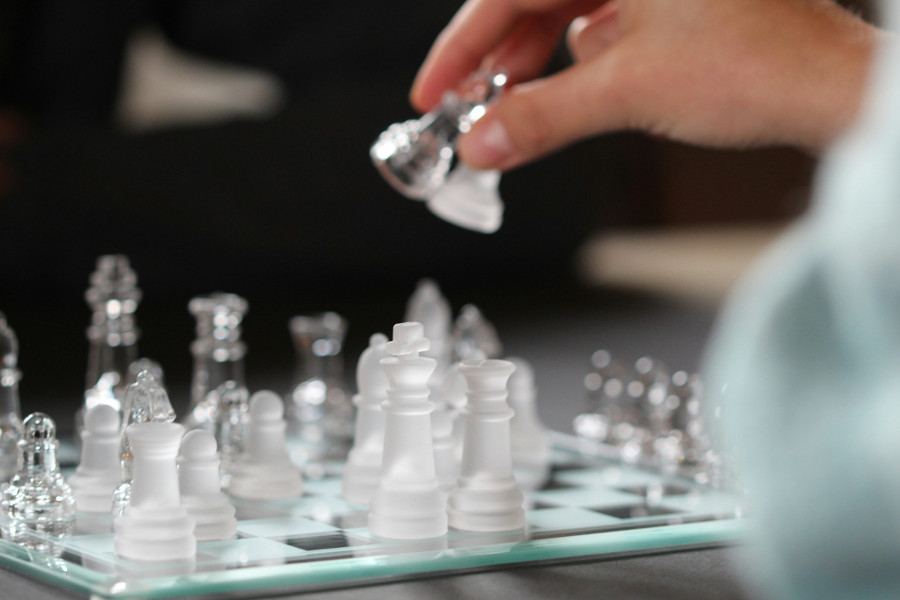
12. Can I learn chess online?
Learning chess online is like having a quiet, welcoming library at your fingertips. Whether you're using an app, watching a video, or solving a puzzle, the internet offers countless paths into the world of chess. You can play games with people from all over the world, learn from grandmasters, or study at your own pace. There’s no one way to do it. Some days you might feel like playing; other days you’ll want to watch and reflect. That’s the beauty of online learning – it bends to fit your rhythm. And over time, all those moments add up to something meaningful.
If you need tools for learning chess online, here are a couple of places and software options:
- Chess.com
- Lichess.org
- Fritz
- HIARCS
13. What are some recommended beginner’s chess books?
Books can be quiet companions on your journey into chess. Some are written in a gentle, encouraging tone that feels like a wise friend guiding you through the fog. “Bobby Fischer Teaches Chess” is perfect for learning how to think in patterns. “Chess Fundamentals” by Capablanca is like listening to a calm master who speaks in clear, timeless principles. Yasser Seirawan’s series explains things simply, without ever making you feel overwhelmed. These books aren’t just about moves – they’re about perspective. Find one that speaks to you, and let it be a steady voice as you find your footing in the game.
14. How can I learn from experienced chess players?
Being around experienced chess players can feel like sitting quietly in a room full of storytellers. You don’t have to talk much – just listen, watch, and ask gentle questions. Whether you’re playing a casual game, joining a club, or watching someone explain a position online, their insights can shift how you see the board. They’ve walked the same path, made the same mistakes, and they often enjoy sharing what they’ve learned. Don’t worry about impressing anyone. Just be curious. With each encounter, you gather small pieces of wisdom. And slowly, you start to carry those insights into your own games.
15. Should I consider participating in chess tournaments?
Tournaments can seem intimidating, but they’re really just places where people come together to share their love for the game. Whether online or in person, a tournament offers structure – a sense of purpose and focus. You don’t need to be a master to join. There are events for all levels, and every game you play teaches you something new. It’s not about winning every time. It’s about growing. About sitting down, breathing deeply, and giving your full attention to the moment. Over time, those moments become memories, and those memories become part of your journey as a chess player.
Good luck with your adventure in learning to play chess.

